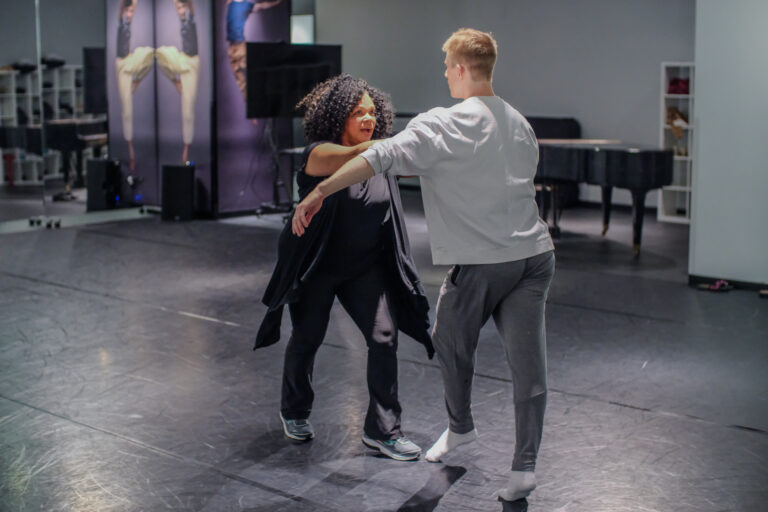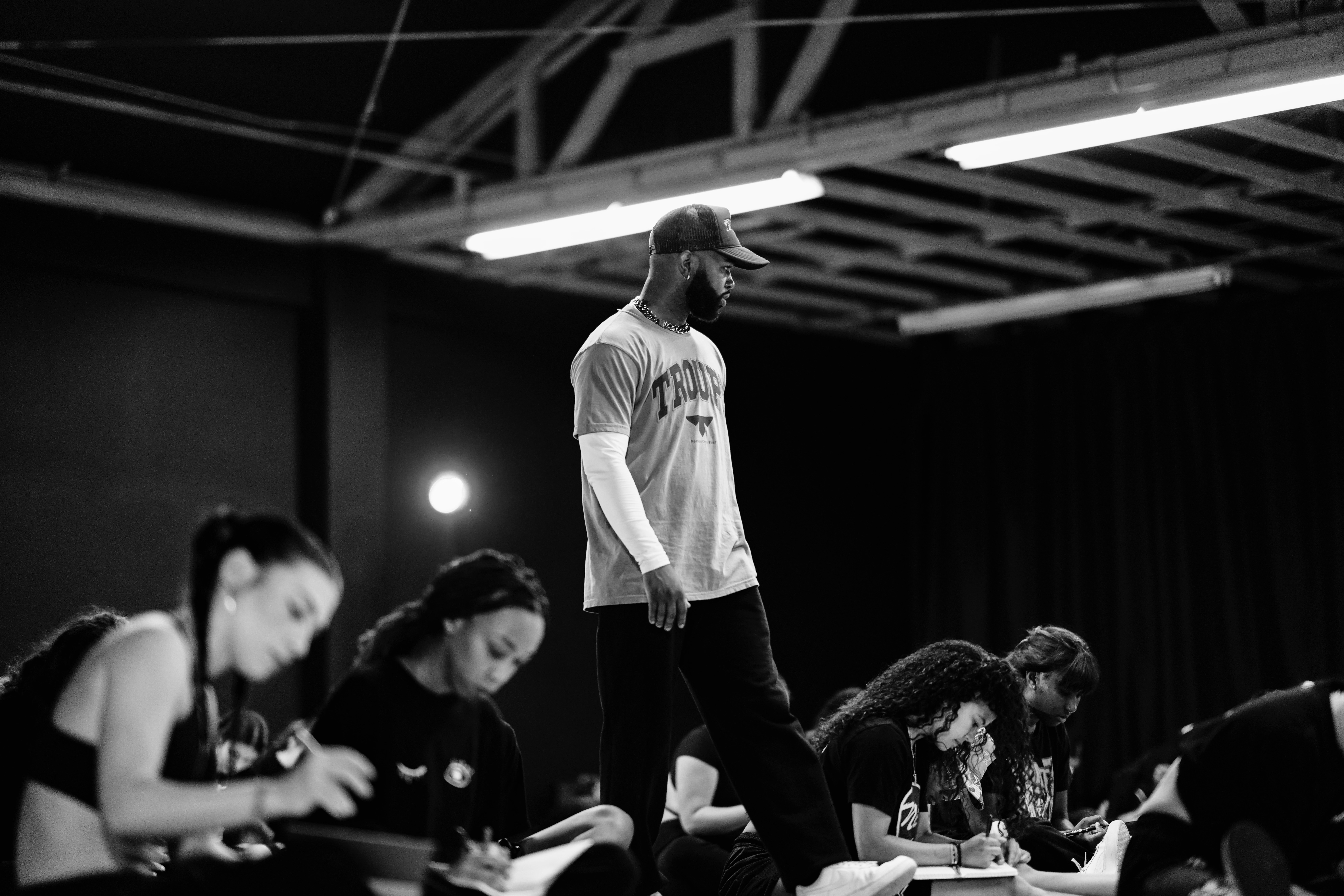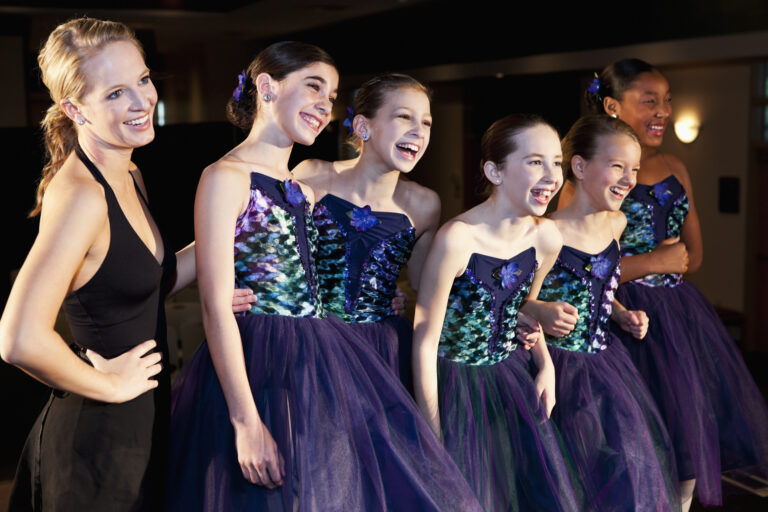
Time away from the studio often comes alongside a mix of emotions—the anticipated break gives dance educators a chance to recuperate, especially following winter performance season. But for some, the break spurs concerns. Less time in the studio means less time spent dancing and, well, moving. Schedules that are usually filled hourly are now open, and time spent in the kitchen goes from being nonexistent to the norm. So, why the stress?
Educators find themselves confused about how to fuel their bodies. Between specialty foods being more readily available and conflicting messages promoting a “new year, new you” mindset, time away from the studio can easily become more stressful than joyful. Educators can, however, utilize the time as an opportunity to uncover new ways to nourish their bodies.
Prioritize Body Attunement
When school is in session, busy schedules become a leading contributor to under-eating. Hectic days cause hunger cues to go unnoticed, and time constraints leave little room for adequate meal planning. Extended periods without a refuel leads to a cycle of rebound eating (eating to a point of physical discomfort as the body attempts to correct an imposed calorie deficit). With less time in the studio now, you can prioritize body attunement—or the practice of listening to and honoring intuitive appetite cues. Identifying the onset of hunger before its extreme will help to prevent rebound eating. More time also offers the ability to listen and honor fullness cues; mindful eating techniques can help.
Practice Self-Compassion
Time off doesn’t happen often. Normally, dance educators balance morning classes and afternoon administrative work with teaching late into the evening hours. Eating more during your time off can be your body’s response to catching up—especially if you’re prone to under-fueling when busy or stressed. Remember: Your busy schedule is not an excuse to skip meals or snacks. But even if you wholeheartedly understand this concept, it’s still easy for educators to struggle with not having the time to get in adequate amounts of food during work hours. This struggle is even harder given the prevalence of diet culture, which sets the bar low regarding how many calories one might need on any given day. A compassionate approach offers you a new perspective—remove the judgment around how much you’re eating and instead focus on why your body needs this nourishment.
Broaden Your Experience
As you spend your time away from the studio, consider the potential for new experiences. Generally, dancers are prone to hyper-focusing on both their art and physical technique. This is exacerbated for dance educators who spend much of their extra time constructing combinations and composing choreography. Adding new activities to your day helps to balance your schedule. Simple activities like meditation, coloring, journaling and walking are easily accessible to those now gifted the time normally spent at the studio. A bonus? You may even feel more inspired once you’re back in the studio.
Focus on Self-Care
Time away from the studio can be an ideal opportunity to consider the advancement of personal goals and education. Use this time to meet with a mental health professional and consider the benefit of reevaluating your nutritional goals alongside the work of a registered dietitian nutritionist. Formulating practical and proactive interventions can support you especially when navigating the inevitable stressors when back at the studio.





